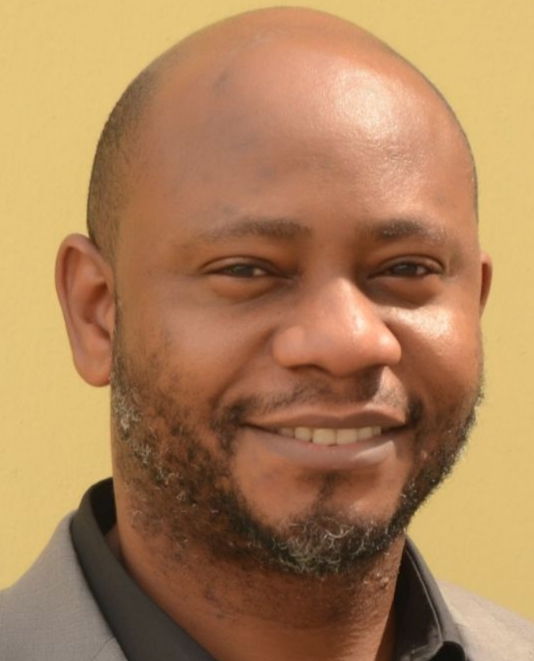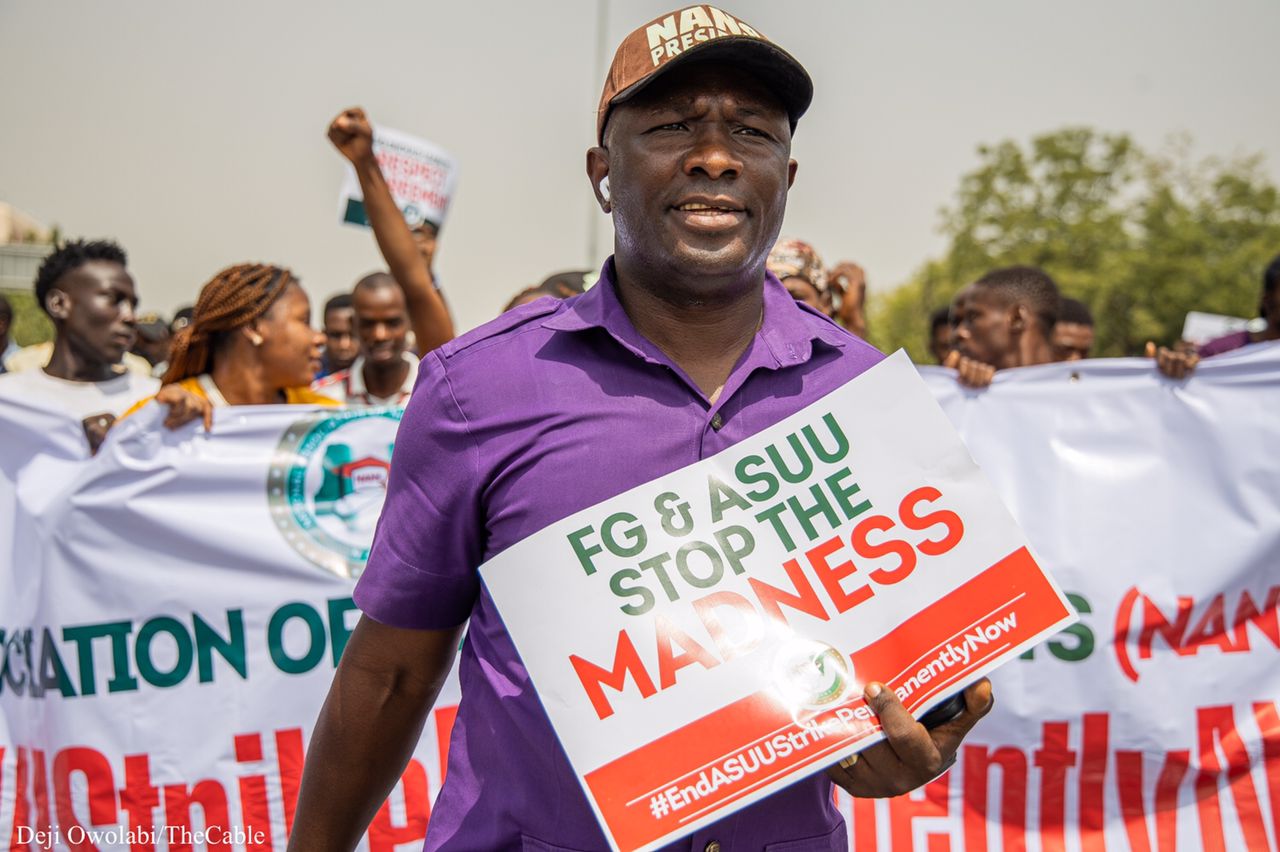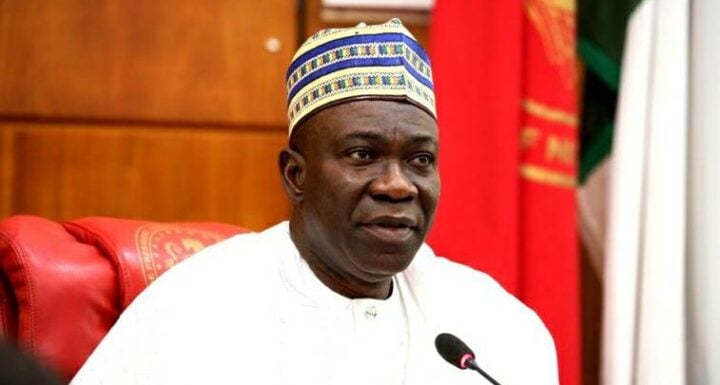Tunde is a 21-year-old 100-level undergraduate who had written JAMB (university entrance exams) four times before gaining admission. He had barely spent three months in his first year when the ASUU strike commenced and they were sent home. His euphoria at finally entering the hallowed grounds of a university was interrupted by the strike and he headed home.
He has increasingly become frustrated as there was no word of progress in negotiations between the federal government (FG) and the ASUU executives. His parents are also frustrated at having him and his two siblings at home all the time. He was not even sure why ASUU was on strike but his older sibling in his final year assured him that ASUU goes on strike every other year so he should expect to witness at least two more strikes before he can hope to graduate. The reasons don’t really matter and nobody really cares anymore….his brother told him in a resigned manner.
Dr Sanni is a lecturer in the Department of Computer Science, having graduated with a first-class and retained as a graduate assistant. He completed his Masters in record time and earned a scholarship to Canada for his PhD. He has been lecturing for 10 years now and is currently a senior lecturer. The salary is small but he enjoys what he is doing and would not trade it for anything else. He finds it hard to understand why the FG will keep signing, re-negotiating and re-signing agreements they absolutely appear unserious about implementing. Which serious country does not realise that you need to pay attention to funding and strengthening academic institutions as a vehicle for national development?
He is, however, not very comfortable with the frequent shutting down and disruptions of the academic calendars and would prefer ASUU for instance, to have a national assembly liaison officer to lobby on behalf of the union’s interest with the national assembly. Several ministers, including the vice president, were previously in academia and should be more sympathetic to our cause. To be honest, I am also partly guilty as I don’t attend ASUU meetings, he thought to himself. He only reads about ASUU positions just like everyone else on the pages of newspapers and press releases. He is, however, convinced that both sides need to rethink strategies. He is disappointed with the insensitive responses of the FG but also thinks ASUU should stop declaring strikes.
Advertisement
However, his more pressing concern now was how to raise money to send to his ailing mother in the village, pay his children’s school fees as well as feed his family as the FG had stopped salaries for four months now. He is having sleepless nights and becoming irritable over financial worries and concerns that perhaps he should not have come back to academia. Some of his students earn double to tripleof his salary in the corporate world within three to five years of graduation. Maybe he should explore returning back to Canada.
Mr and Mrs Obi are 58 and 54 years old respectively. Mr Obi is a civil servant and his first born is 26 and in his final year (medical school) at the university. The younger two children are in 400-level (Engineering) and 300-level (Law). He has been agonizing about the ongoing ASUU strike, as well as the previous ones that have added several strands of grey hair to his head. He had always factored that his last born should be out of the university by the time he retired at the age of 60 years. Moreso, he was not very sure he will be able to access his retirement benefits on time and on schedule.
He is very frustrated and feels helpless about it all. He is quite upset about this situation and he has stopped being interested in the reasons for any particular strike. It is a very depressing reality for him.
Advertisement
Mental health consequences
Everyone, from students to parents to academic staff and the general public are dissatisfied with the recurring issue of strike actions by ASUU, NASU, doctors, other health workers, etc. The common denominator is the government and its responsiveness (or lack of it) to issues affecting the welfare and functioning of these critical sectors.
It is counterproductive to keep our young minds bored and idle at home for months on end. Many young people are frustrated, resentful and unhappy. Some of them have become depressed and anxious; while others have turned to drug abuse, online betting, social media addiction, and are slowly but steadily forgetting about their studies. This is unhealthy.
All stakeholders need to rethink their strategies for engaging the FG while we also plead with the FG to be more responsive and proactive. Ultimately, this is taking a huge emotional toll on everyone.
Advertisement
Abdulmalik is a consultant psychiatrist and founder, Asido Foundation (www.asidofoundation.com)
Views expressed by contributors are strictly personal and not of TheCable.
Add a comment







